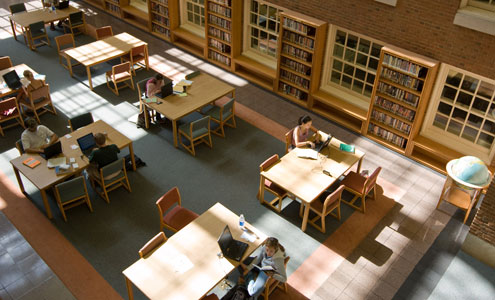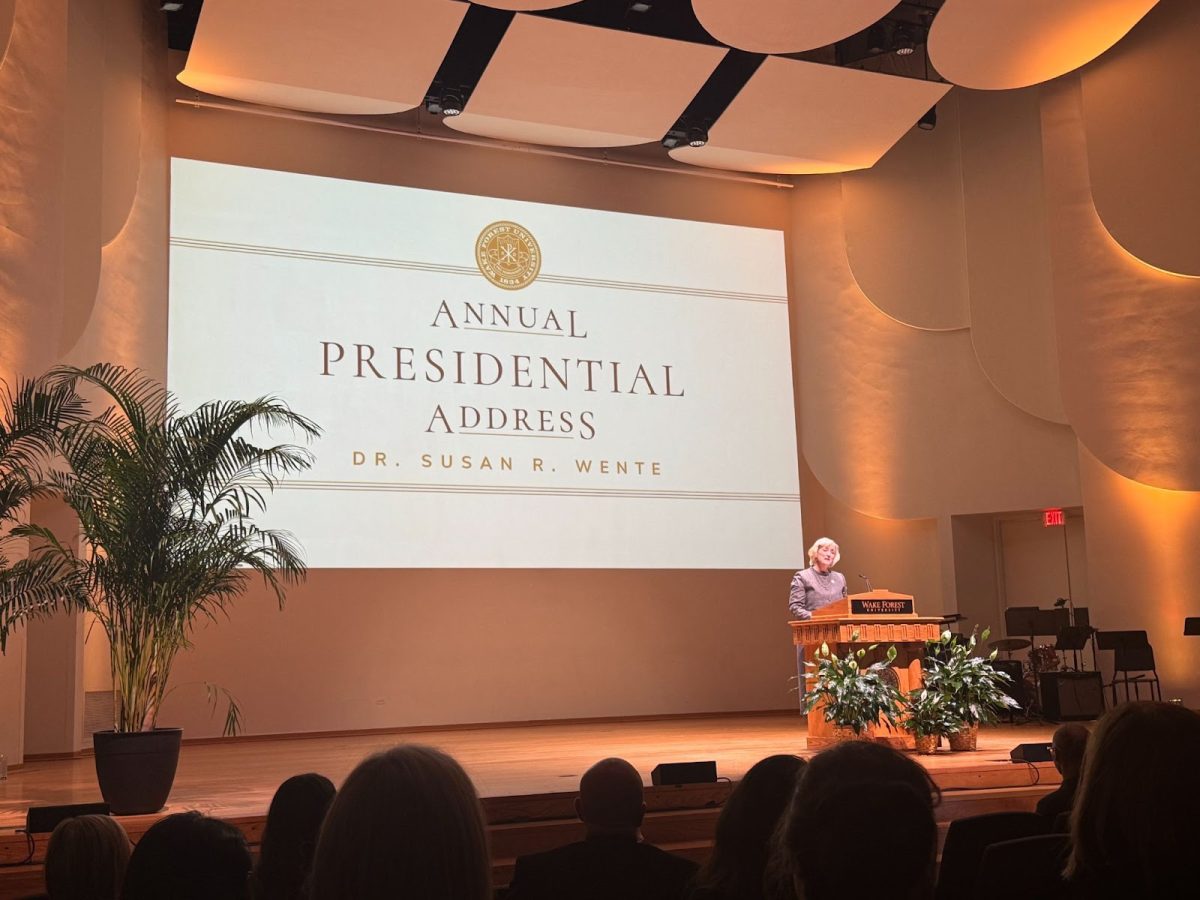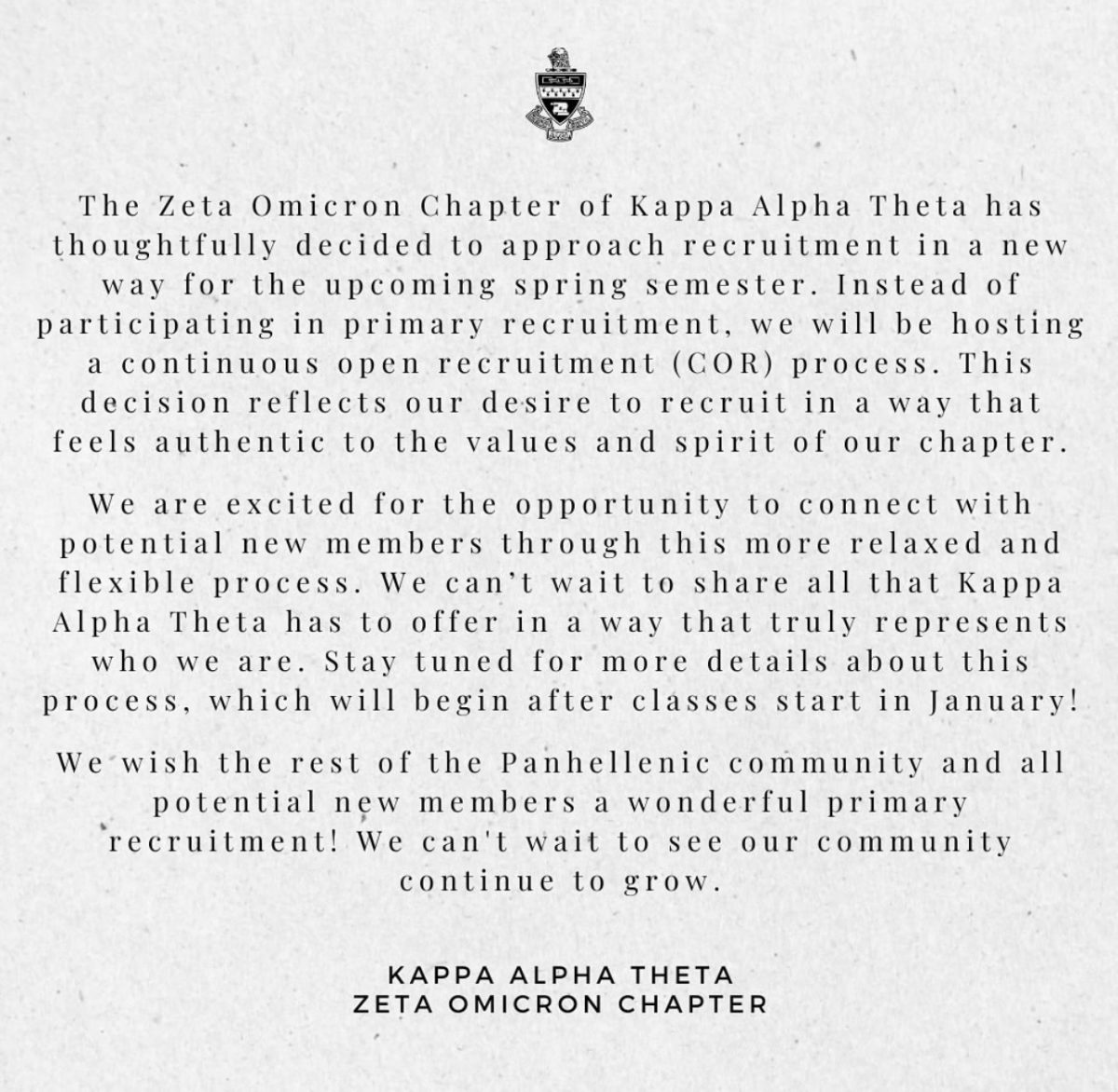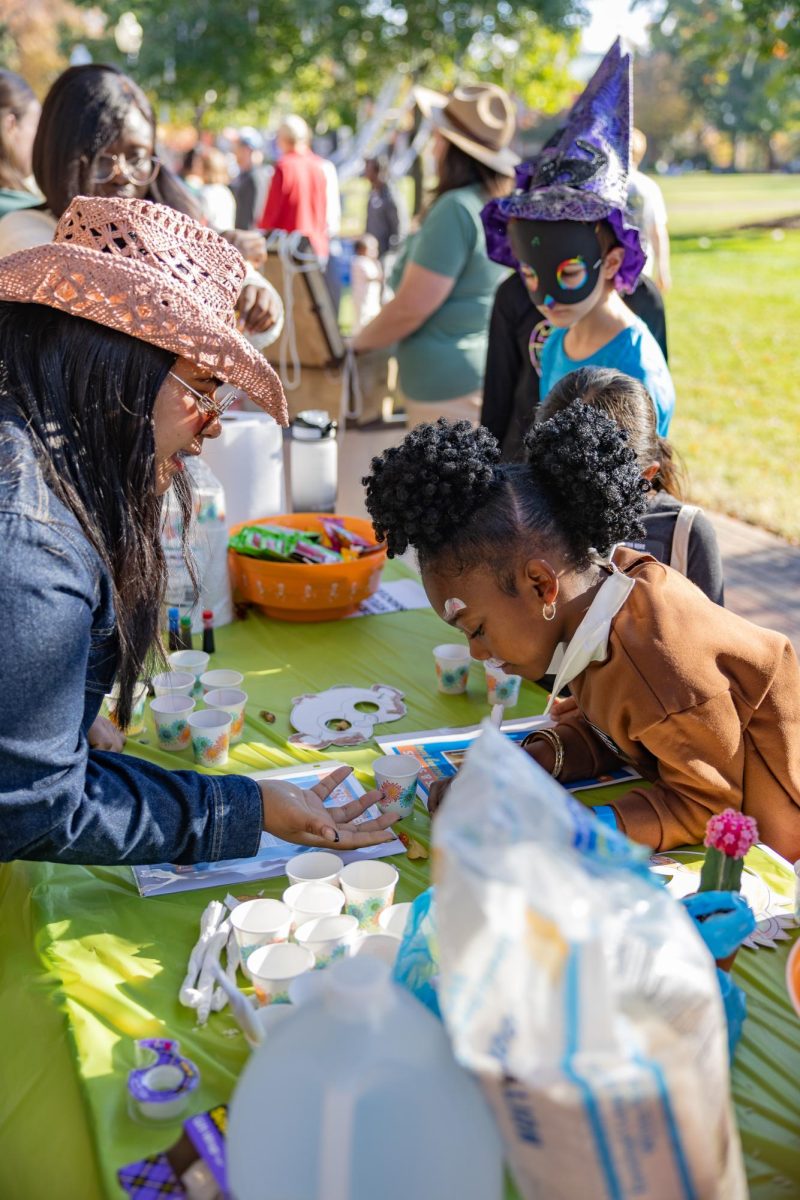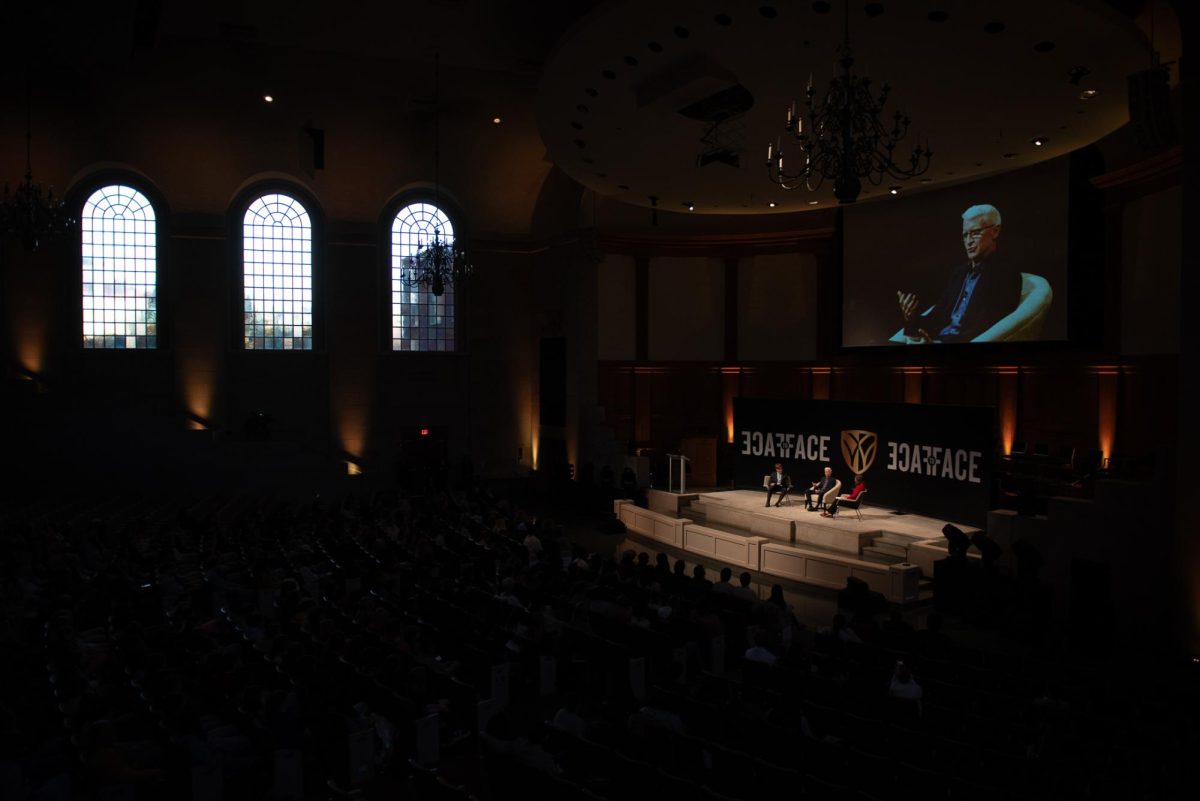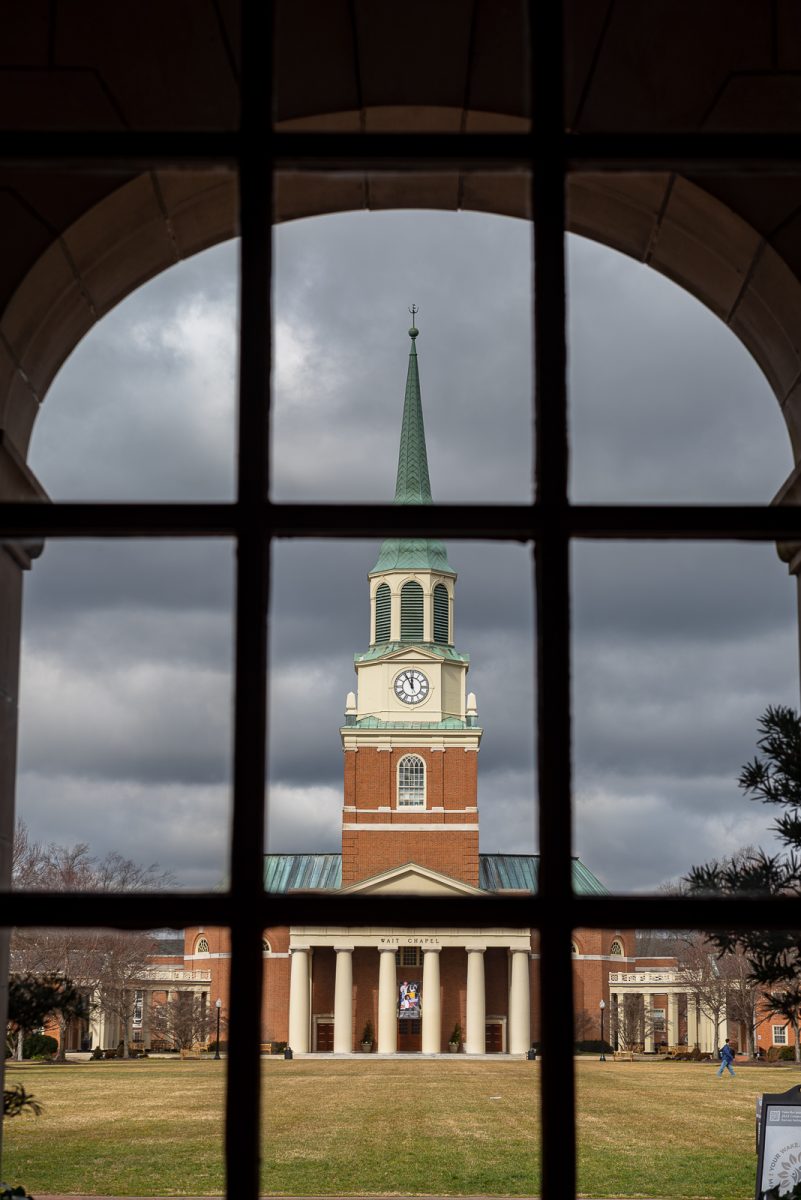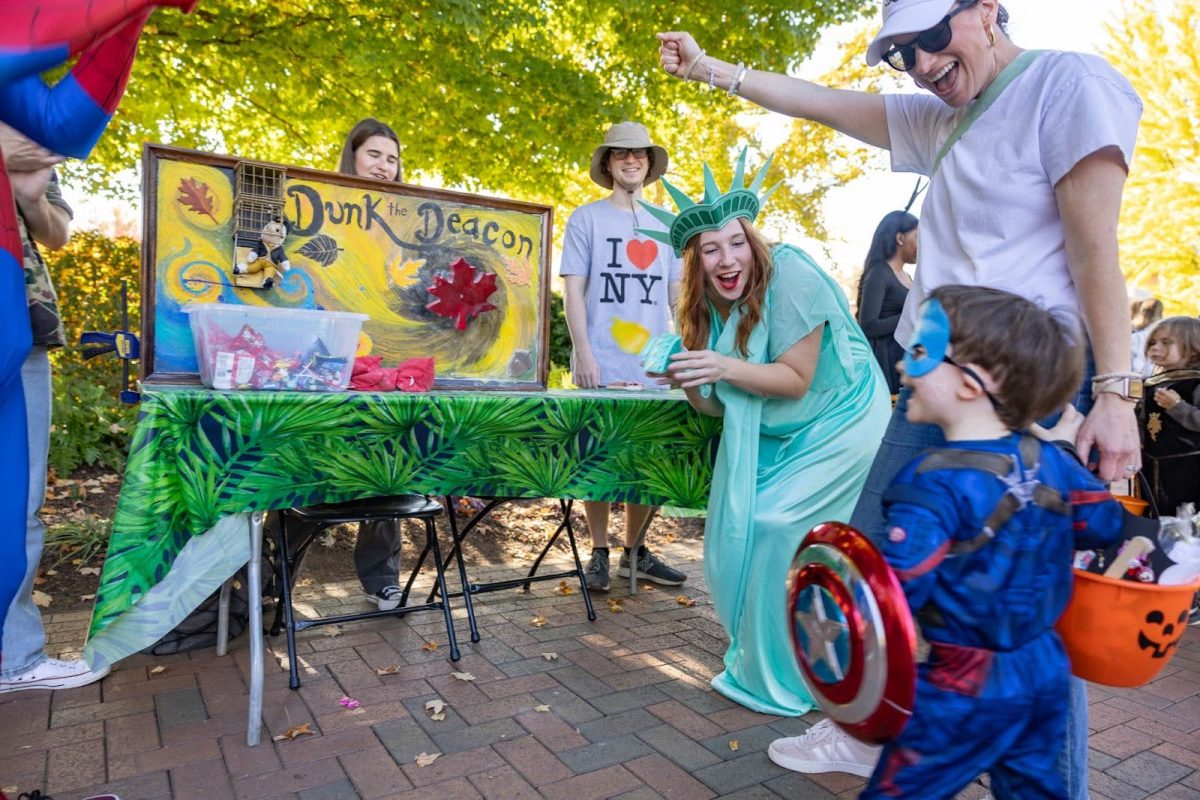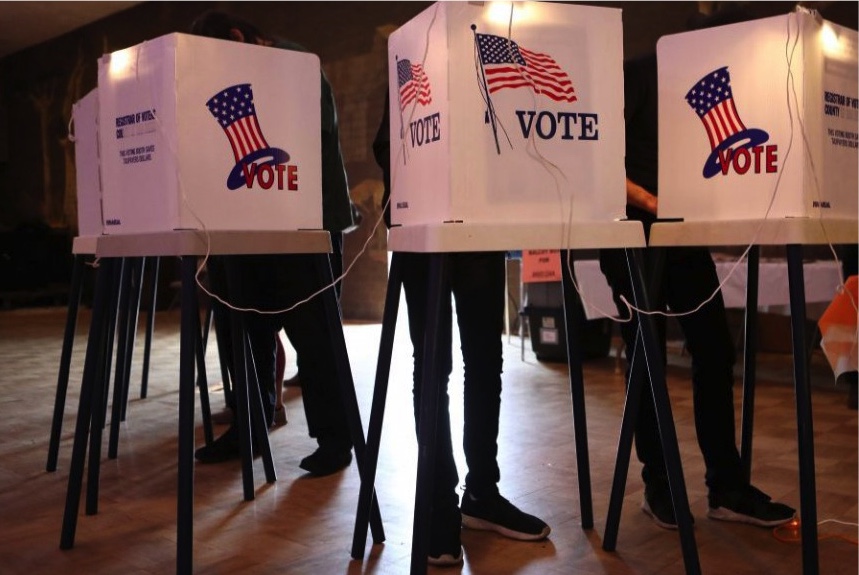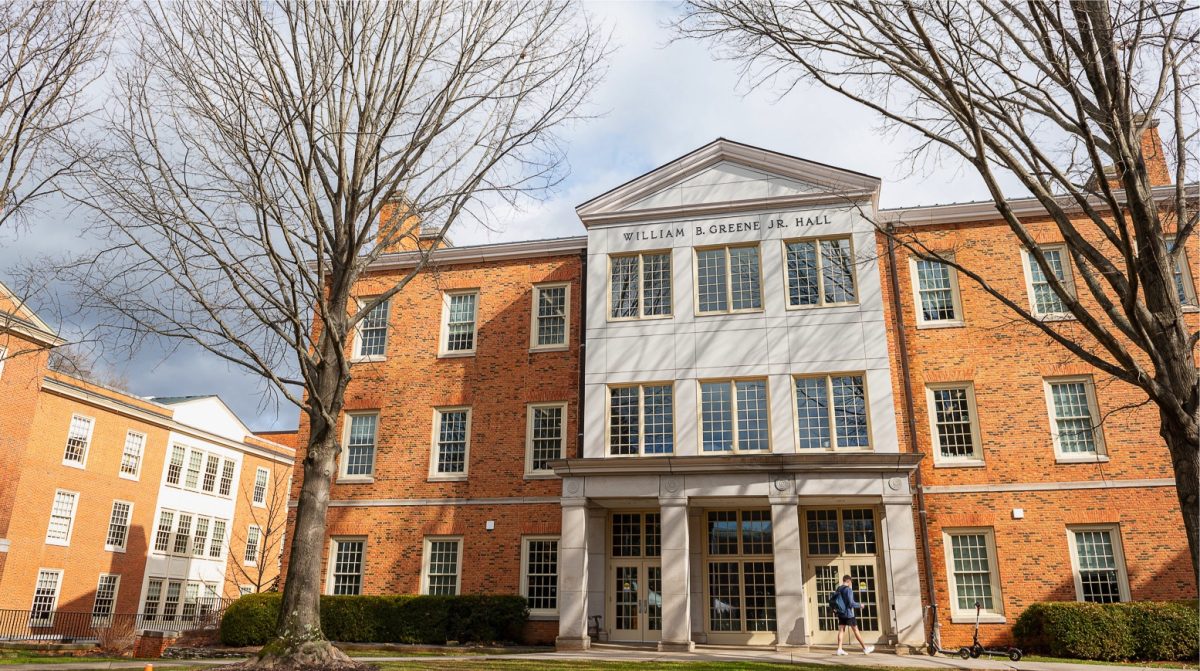On March 15, the university sent out an email announcing the transition to a remote working arrangement “for all colleagues whose work can be performed remotely.” The statement also said that “all employees who are not designated to perform essential services, and work can be performed remotely, should work from home.”
Those who are unable to work remotely or are considered nonessential staff, will be kept “in a paid status based on regular work hours,” according to the university’s coronavirus webpage.
During this transition, President Nathan Hatch explained that he has established a network of management and operational teams that will address affected areas of the university. These include academics, finances, communications and the needs of faculty, staff and students.
“In many ways, we are building new decision-making and operational infrastructures so that we can respond best to this unique and rapidly evolving environment,” Hatch said.
One of the places most affected by COVID-19 is the Z. Smith Reynolds Library (ZSR), which is stepping up to assist and support professors who are transitioning to online classes. By working to provide online resources for classes, ZSR staff are playing an essential role in preserving a sense of normalcy in virtual classrooms.
Associate Dean Mary Beth Lock explained that ZSR has been collaborating with the Center for the Advancement of Teaching, Academic Technology and Online Education and working with faculty throughout this process.
“[ZSR aims] to quickly spin up strategies for faculty and provide support for this monumental move,” Lock said.
ZSR staff have been helping faculty members with the process of finding and scanning the parts of books needed to sustain their courses for the remainder of the semester. This is helpful in cases in which there are no electronic copies available for students or students were unable to retrieve textbooks or other materials from their dorm rooms.
Although ZSR had provided important services, it was forced to close at 5 p.m. on Friday, March 20 to students, faculty and staff.
“[This is] the biggest challenge,” Lock said. “The library has long prided itself on both being there for the campus, and providing a highly personal approach to service.”
In contrast to ZSR, Student Health remains operational. If a student that is exhibiting flu-like symptoms or has been exposed to COVID-19 seeks assistance, certain precautionary measures have been established in order to protect students and staff. Students must call ahead to schedule appointments rather than online scheduling or walk-in care.
“We have positioned someone at our front door in case someone just walks over, so we can ask them those same questions and get them in the right place so we can isolate them from other students if they have COVID-19,” said Dr. Cecil Price, the director of Student Health.
Student Health staff have also received more training. While working with local, state-wide and national health organizations, Dr. Price has been able to ensure that staff members are capable of assessing the key symptoms of COVID-19, treating infected patients, testing students with appropriate materials and protecting others from contracting the highly contagious illness.
“[Student Health has done] a fair amount of support for what’s going on on campus in terms of public health messaging but also public health information,” Price said.
Other staff, such as Facilities and Campus Management staff and Deacon Dining workers, are not able to conduct their duties from home. Read more about the status of contract workers here.
On-campus dining facilities have also changed to take-out only options at the locations still available to students approved to stay in residence halls. The Pit has also adopted new hours of operation to account for breaks for “cleaning and deep sanitation.”
Like students, staff members are still adjusting to working remotely.
“Working remotely has a number of challenges especially for anyone working with archives, as our duties are so collection-dependent,” said Tanya Zanish-Belcher, the director of Special Collections and Archives at ZSR.
As with other departments within ZSR, the Special Collections and Archives remains closed. Staff members, such as Megan Mulder, the special collections librarian, are working remotely and are available to answer reference requests submitted to [email protected].
Mulder and Craig Fansler are still in the process of figuring out how to convert the “History of Material Texts” course (LIB 260), which is structured as a hands-on class that relies on materials available in the Special Collections and the Preservation lab, into a remote format.
“[We are] working kind of frantically to figure out what [we] can salvage for the rest of the semester,” Mulder said. “[We are] doing [our] best to provide online resources, [but] the class will be nothing like what they signed up for.”
Moreover, staff in departments across campus are increasingly reliant on meetings via Google Meet, WebEx and Zoom. In just one day, Lock reported using these programs for at least five hours for conference calls.
“In the last two days I have had more contact with some of my colleagues than in any other usual two day period,” Lock said, “But, I miss those ‘hey, how are you’ moments that I might have had with others walking the halls.”
As students also transition into this new phase of learning, Zanish-Belcher encourages them to share their experiences during the COVID-19 situation with the university’s archives by contacting her directly at [email protected].
“Keeping us all connected will be the hardest part of this,” Zanish-Belcher said.
The faculty members echoed one another in their praise for the university’s response to the COVID-19 pandemic.
“Wake Forest has done a very good job at making decisions and communicating them in a timely manner,” Zanish-Belcher said. “[I know] colleagues at other universities where the campus and library are still open and they are just now getting to the point where Wake Forest was last week.”
In these uncertain times, faculty and staff have banded together to ensure that they can still perform their duties while also upholding protocol in order to mitigate the spread of COVID-19. These individuals continue to demonstrate their commitment to the university, students and faculty as they continue to serve us, even if it is from a distance.


